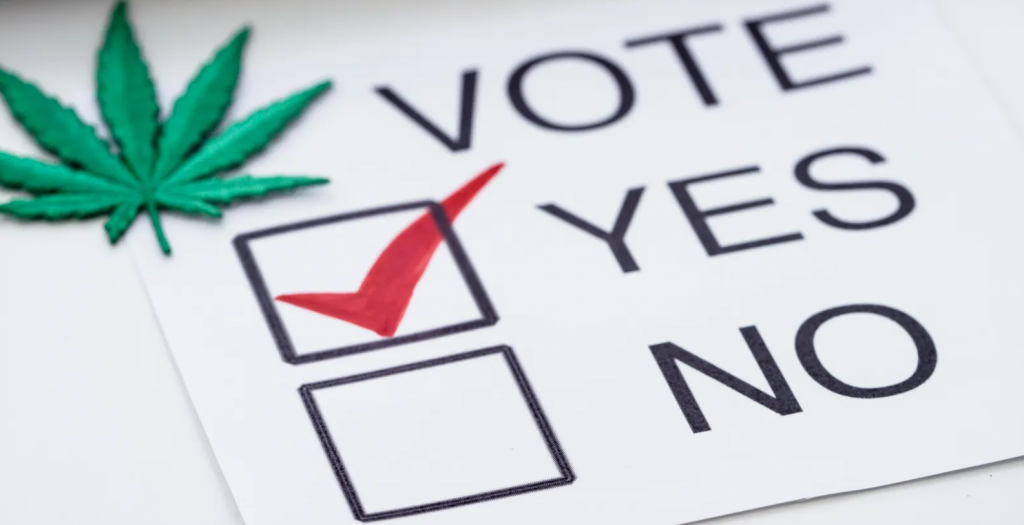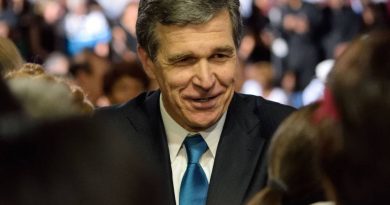Federal Marijuana Legalization Decision Delayed Until After Elections
The much-anticipated decision on the federal status of marijuana in the United States has been delayed until after the upcoming elections, causing both disappointment and cautious optimism within the cannabis community. Advocates and stakeholders were hoping for a resolution sooner, but this delay highlights the complexities of the political landscape surrounding cannabis legalization.
Background on Marijuana Legalization
Marijuana legalization has been a contentious issue in the United States for years. Although many states have legalized marijuana for medical and recreational use, it remains illegal at the federal level. The push for federal legalization has gained momentum as advocates argue it would bring consistency to the legal framework, enhance public safety, and generate substantial tax revenue.
Currently, the legal status of marijuana varies widely across the country, creating challenges for businesses and consumers alike. The cannabis industry was hopeful that a federal decision would bring clarity and stability, but recent developments have pushed this timeline back.
Reasons for the Delay
The delay in making a decision on marijuana legalization is largely due to the political sensitivity of the issue. With the upcoming elections, many lawmakers are hesitant to take a definitive stance on marijuana, fearing it could alienate voters. As a result, Congress has opted to postpone any major decisions until after the elections, when the political climate might be more favorable for discussing and enacting cannabis legislation.
Additionally, there is ongoing debate within Congress about the best approach to marijuana legalization. While some lawmakers advocate for full legalization, others support more limited measures, such as decriminalization or allowing states to set their own policies. This lack of consensus has further complicated the decision-making process.
Implications for the Cannabis Industry
This delay has significant implications for the cannabis industry. Businesses operating in states where marijuana is legal continue to face challenges related to banking, taxation, and interstate commerce due to the federal prohibition. Many in the industry were looking to federal legalization to address these issues and create a more stable business environment.
However, the postponement also provides an opportunity for continued advocacy. Cannabis proponents are using this time to mobilize voters and lobby lawmakers, aiming to secure a favorable outcome once the decision is revisited after the elections. Additionally, this delay gives businesses more time to prepare for the potential changes that federal legalization could bring.
Looking Ahead
While the delay is a setback for those eager to see federal marijuana reform, it is also a critical period for shaping the future of cannabis policy in the United States. The upcoming elections will be pivotal, with voters having the opportunity to elect representatives who support cannabis reform. The decisions made after the elections will be crucial in determining the direction of marijuana legalization at the federal level.
As the nation approaches this decisive moment, the cannabis community remains hopeful that a favorable outcome is within reach. The coming months will be instrumental in setting the stage for the future of cannabis in the United States, and those invested in the industry are watching closely as the political landscape continues to evolve.




